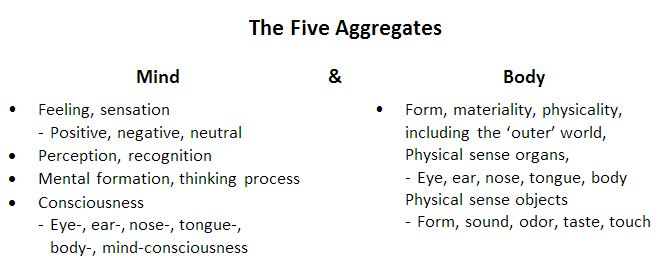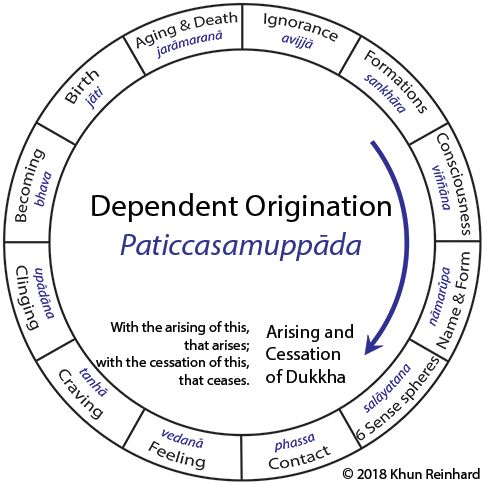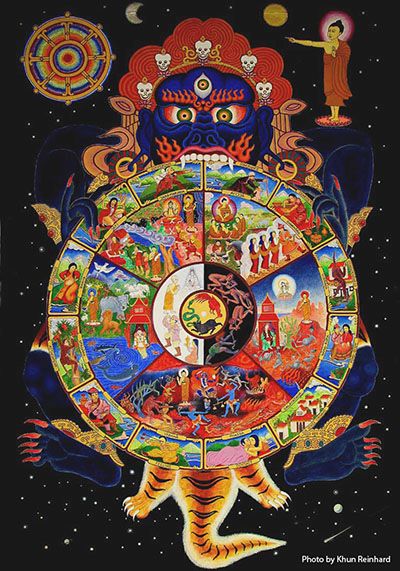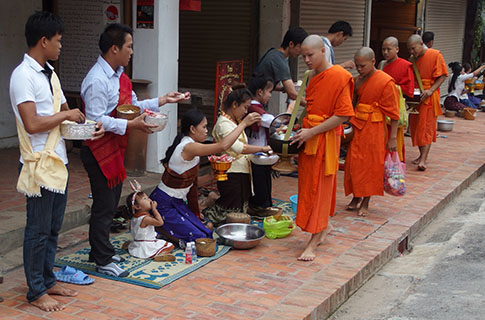This page offers articles about selected important and somewhat controversial Buddhist topics. At present five articles and one audio are available for downloading, others may follow.
An introduction into the basics of Buddhism is available at the Books page of this website.





